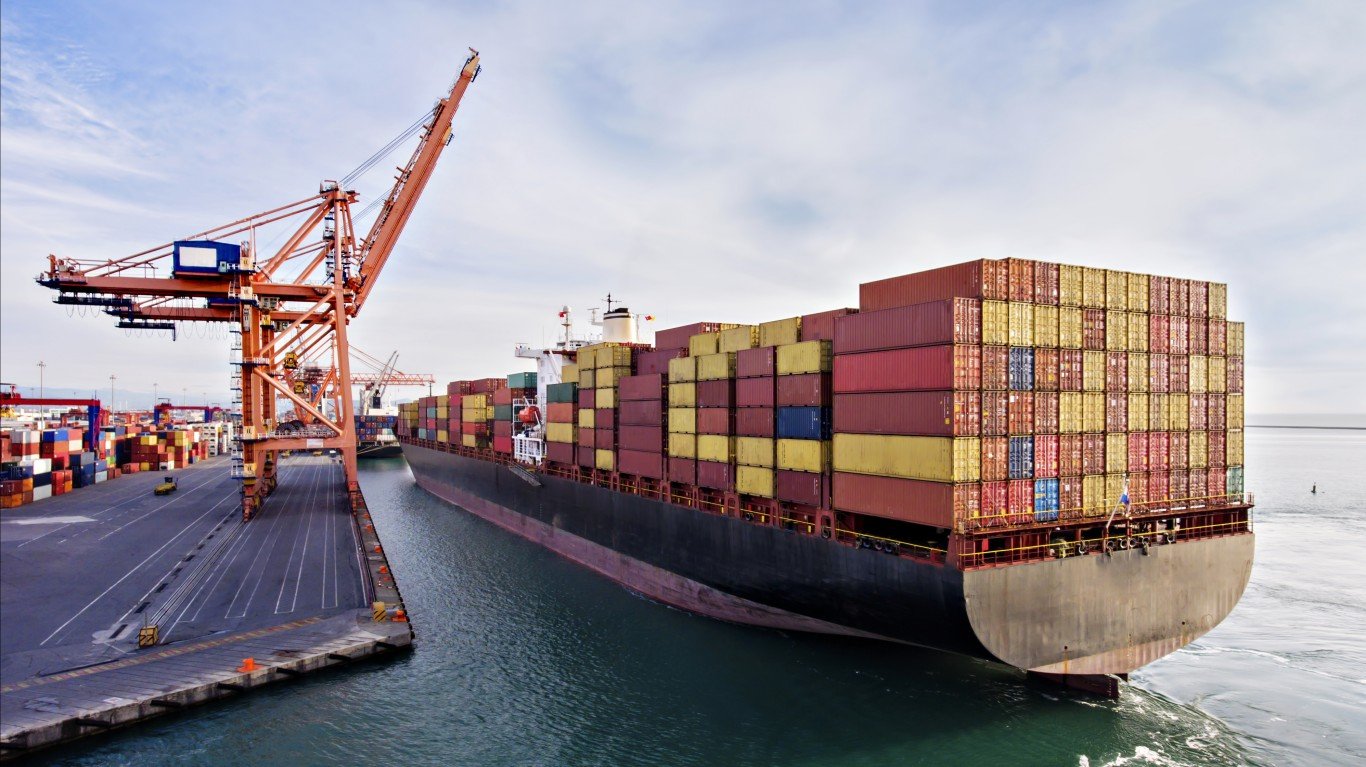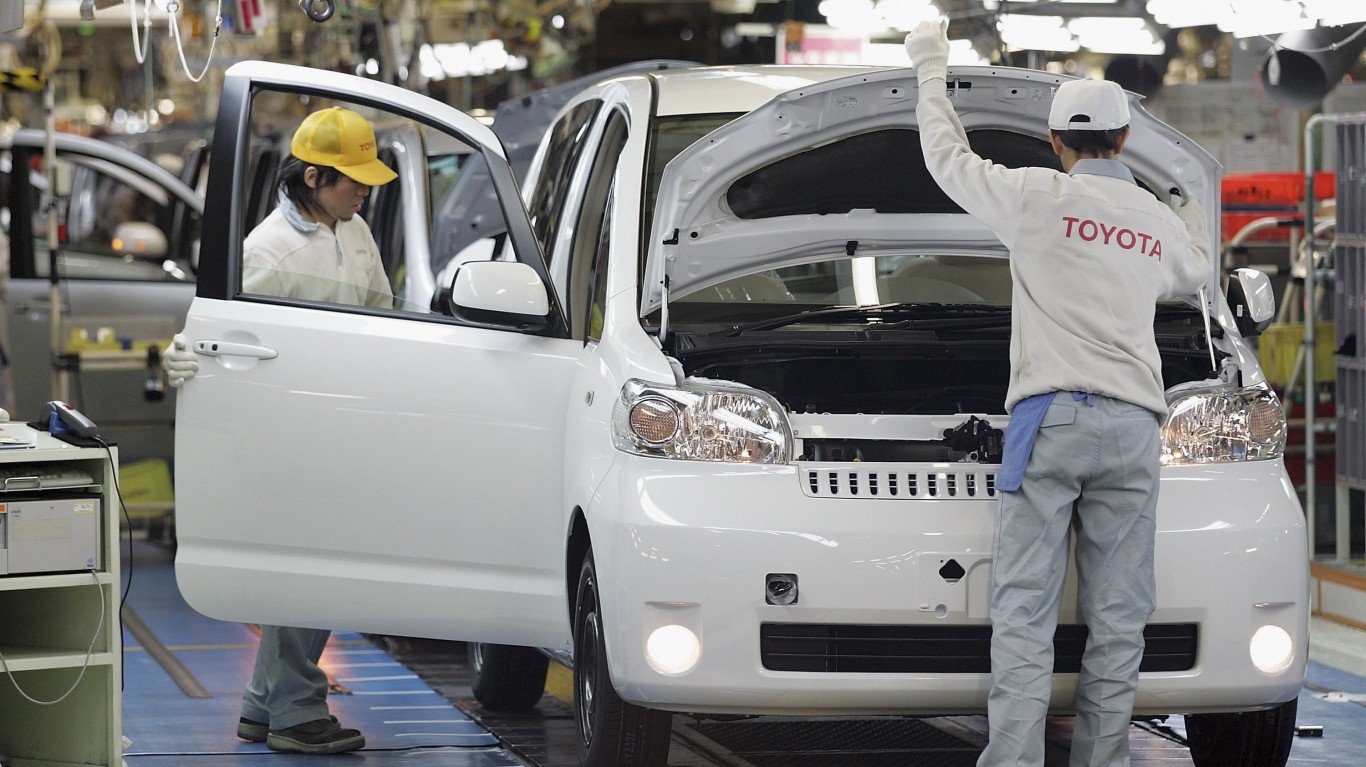

The worst issue to consider in any viral and contagious outbreak is the suffering from illness and the loss of life. As of February 13, 2020, there were more than 60,000 reported cases of the coronavirus and nearly 1,400 deaths from the virus. The ongoing impact is still far too early to predict an outcome with finite data and finite predictions. What is becoming entirely unavoidable is that gross domestic product (GDP) is going to suffer in the first quarter of 2020.
Just referencing GDP may seem broad, but this is a global event now even if it has mostly affected China. There have already been instances where the impact is hitting the United States, in Europe, in Asia, in South America and elsewhere. We have also seen a direct impact on technology companies commenting on how the coronavirus shutdowns have affected or will affect the supply chain. Restaurant chains and retailers have closed stores in China, and trips in and out of China are now all but closed off. Conferences and events are being dropped. This all adds up to a price that will only grow before it gets better.
24/7 Wall St. has used specific research notes, specific corporate news, and specific media reports to show how far and wide the impact of the coronavirus will be.
The Atlanta Fed’s GDPNow forecasting model is far from perfect. Still, the latest estimate on February 7 was for the first-quarter U.S. growth to come in at 2.7% after having been 2.9% just two days earlier. Real personal consumption spending growth and real gross private domestic investment growth were both trimmed as well in that model, and these frankly may need to come down ever further after more of the impact is felt.
China itself is worried. The People’s Bank of China recently added liquidity to the markets and it lowered interest rates to help counter the economic impact of the coronavirus. China’s National Bureau of Statistics just reported that the Consumer Price Index (CPI) for January went up by 5.4% from a year ago. What really stood out was that food prices went up by 20.6%, and the non-food prices increased by 1.6 percent, and meat costs from ongoing issues were shown in there. The agency did not mention the coronavirus nor the cases of African swine flu crushing the pig population nor the avian flu in chickens were cited, and some of the follow-on effects may be felt in February and later months ahead.
Restaurant chains such as McDonald’s, Starbucks and Yum China have all seen waves of store closures in Wuhan and elsewhere around China. Casino traffic in Macau literally fell off a cliff heading into the Chinese Lunar New Year. Apple Inc. (NASDAQ: AAPL) closed its stores in China and one report warned that 1 million iPhone sales may have already been impacted by the coronavirus fallout. The group IDC has warned that Chinese shipments of smartphones could be down 30% in the first quarter.
One of the most recent developments was that the annual GSMA MWC (the Mobile World Conference) in Barcelona, Spain, was called off. The statement cited the global concern regarding the coronavirus outbreak, travel concern and other circumstances all making it impossible for the GSMA to hold the event. Almost every semiconductor company has made reference to the coronavirus and has signaled how its supply chain (or direct manufacturing operations in China) could or would be affected by the coronavirus.
Hasbro Inc. (NASDAQ: HAS) warned of toy production halts or delays. Nu Skin Enterprises Inc. (NYSE: NUS) shares were down sharply after its results and guidance are being hit by the coronavirus, and it has placed a temporary hold on all physical meetings with its sales force and customers in China. This was echoed by other companies in the same sector, as well as those with retail operations, a week earlier.
Clothing can and will feel the impact. China is the source of manufacturing for many apparel makers. PVH Corp. (NYSE: PVH) announced this week that the majority of Calvin Klein and Tommy Hilfiger stores in China are closed for the time being. Ralph Lauren Corp. (NYSE: RL) outlined how its revenue and income will see a slight impact from the coronavirus as well with two-thirds of its Chinese stores closed. Ralph Lauren also warned that its estimates could get worse.
Life insurance and related operations could take a hit as well, with some of the reasons like premature deaths being those most obvious. China Life Insurance Company Ltd. (NYSE: LFC) has seen its U.S.-listed ADSs fall from $14.50 before the coronavirus down to $12.50 on last look. That is still not a 52-week low, but it was down 10% for the year. Even the firm Sun Life Financial Inc. (NYSE: SLF) warned that mortality claims could rise in a “material way” if the coronavirus situation were to deteriorate rapidly and that the coronavirus would act as a headwind in Asia. Manulife Financial Corporation (NYSE: MFC) was pointed out by a Credit Suisse report as having 40% of core earnings coming from Asia and that the adverse impact of the coronavirus “remains very uncertain and has not yet been reflected in Manulife’s results.”
Thank you for reading! Have some feedback for us?
Contact the 24/7 Wall St. editorial team.
 24/7 Wall St.
24/7 Wall St.


